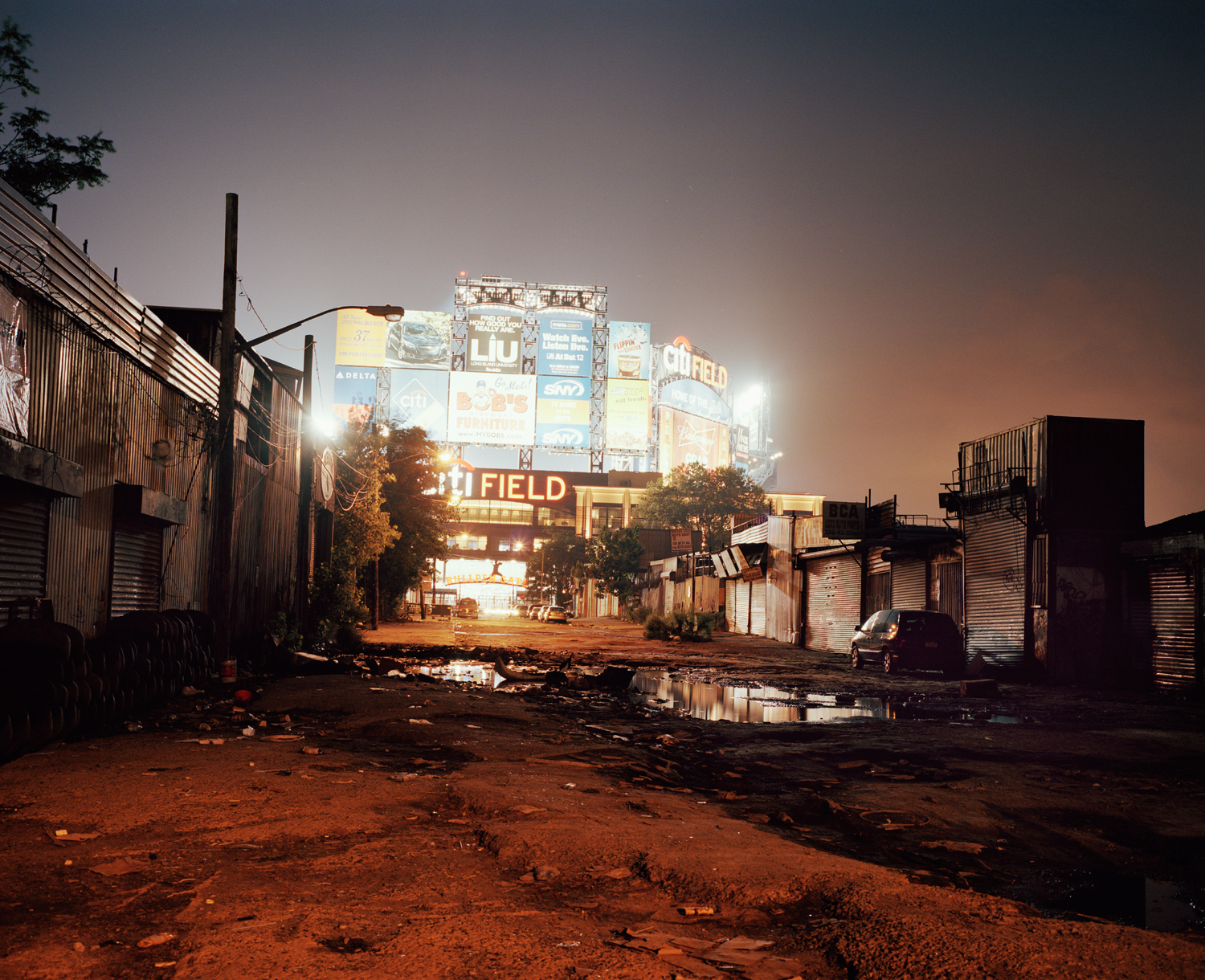
Correction appended, March 18, 2014
This is a valley of ashes . . . where ashes take the forms of houses and chimneys and rising smoke and, finally, with a transcendent effort, of men who move dimly and already crumbling through the powdery air. — F. Scott Fitzgerald, The Great Gatsby, 1925
The New York City neighborhood of Willets Point — reportedly the inspiration for Fitzgerald’s famous “valley of ashes” passage in Gatsby — comprises 62 acres of auto repair shops and salvage yards in Queens.
New York-based photographer Thomas Prior first encountered the neighborhood as a young kid going to a Mets game nearby. “It wasn’t as beat-up as it is now,” he told TIME, “but it was still so different from any other neighborhood in New York. I’ve wondered what it was like in there ever since.”
Paint, oil and rubber fumes from the neighborhood’s seemingly countless auto-body shops fill the air. The flare of arc welders punctuate the night. The clamor of nearby LaGuardia Airport and a train line round out the near-constant cacophony. Incredibly, Willets Point is not connected to New York’s sewer system, and even small rainstorms create huge puddles in its numerous, sometimes knee-deep potholes. The area’s economy, meanwhile, is as off-the-grid as its infrastructure: cash transactions are the norm; immigration papers and mechanic’s certificates are rarely asked for — or provided when requested.
Standing in the middle of the blight, one would never guess that the glitz of Times Square — or the leafy suburbs of the city’s bedroom communities — are just miles away. Yet despite its grit and grime, the area has a strong sense of community. As Prior says, “If one shop doesn’t have something, the mechanic will guide a customer to his friend’s shop down the block.”
The photos in this gallery are just the beginning of what Prior hopes to be a multi-year project. He aims to document the area as it yields to the city’s $3 billion renovation efforts —renovations (and the inevitable gentrification) that the city has pursued, ineffectually, since the 1950s.
Today, many of the auto shops, and the neighborhood’s one full-time resident Joseph Ardizzone, are in the process of vacating. The city plans to build apartments, a retail space and a park, to complement the Met’s nearby home, the state-of-the-art, four-year-old CitiField—which, by the way, serves sushi.
Welcome to the future of New York City.
Correction: The original version of this story stated that Willets Point resident Joseph Ardizzone is in the process of vacating his house. He is not, and does not intend to vacate.
Thomas Prior is a photographer based in New York.
Myles Little is an associate photo editor at TIME.
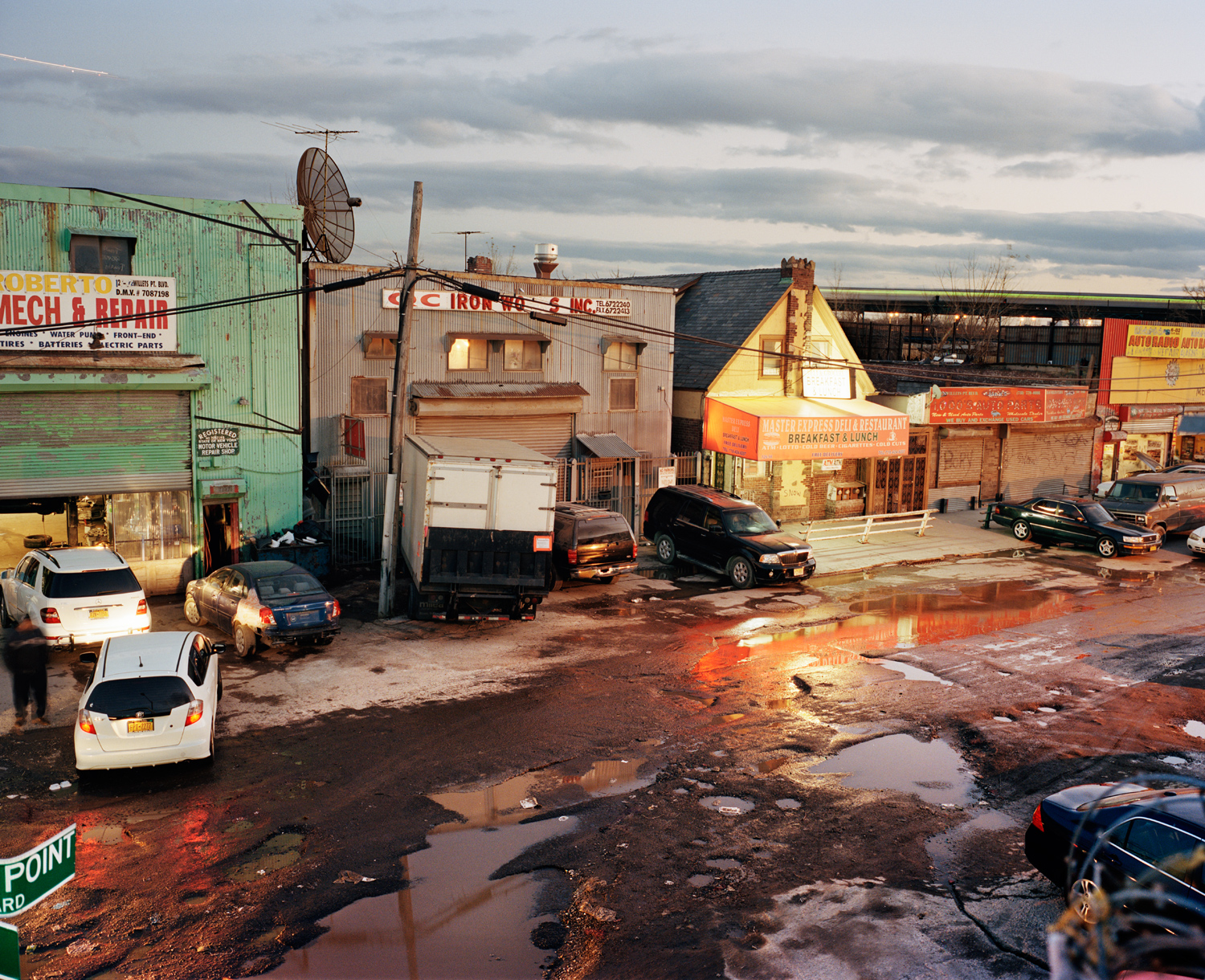

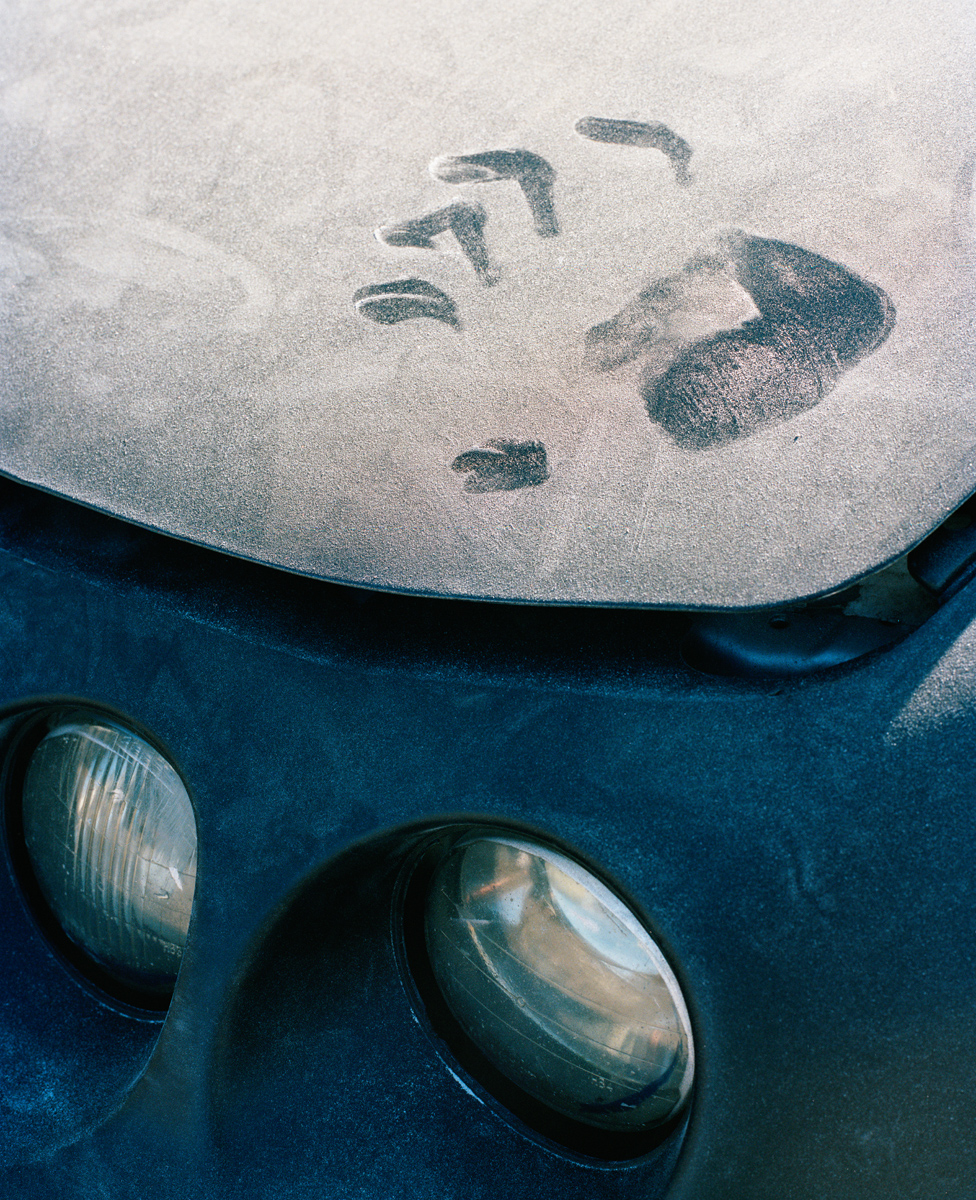


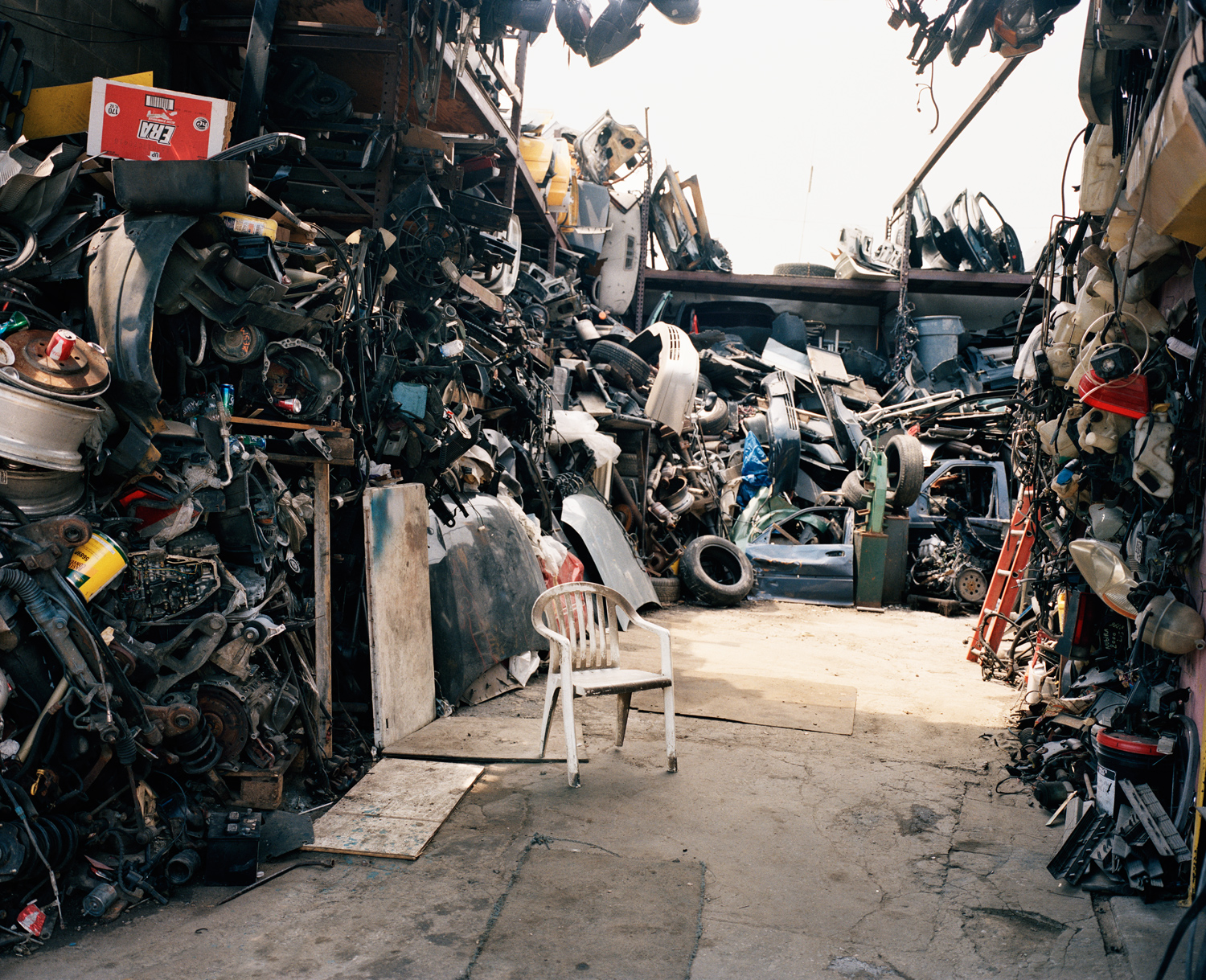
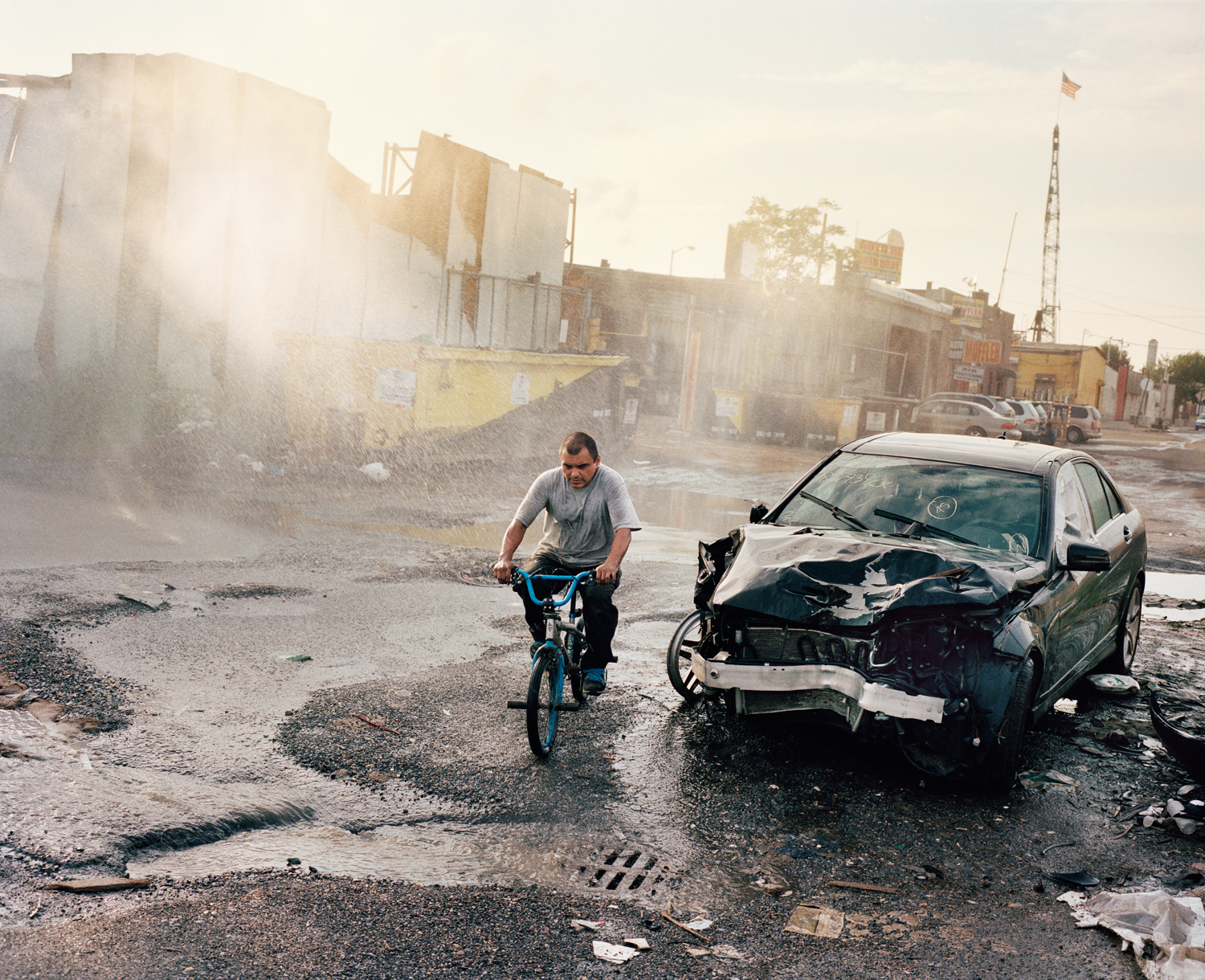

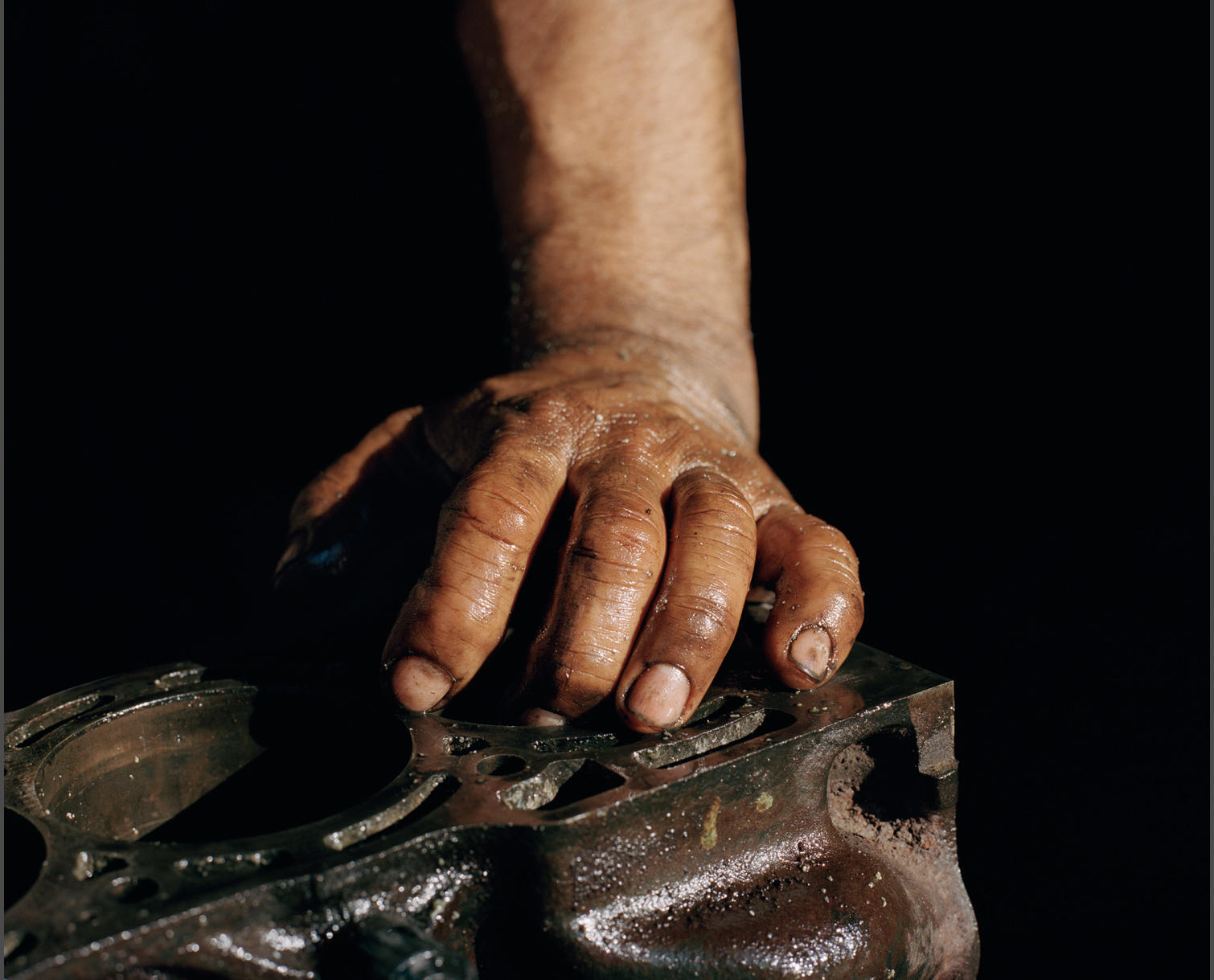

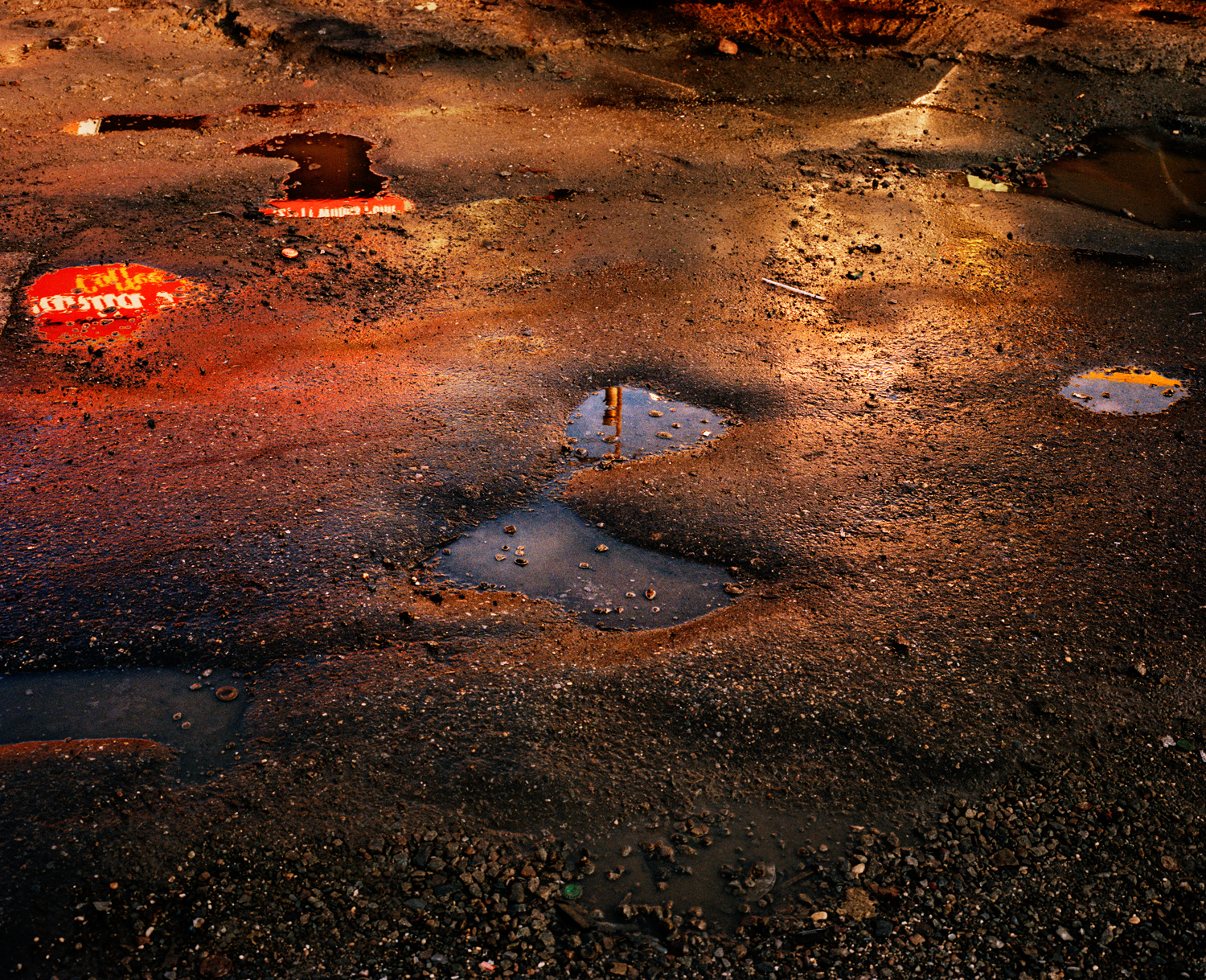
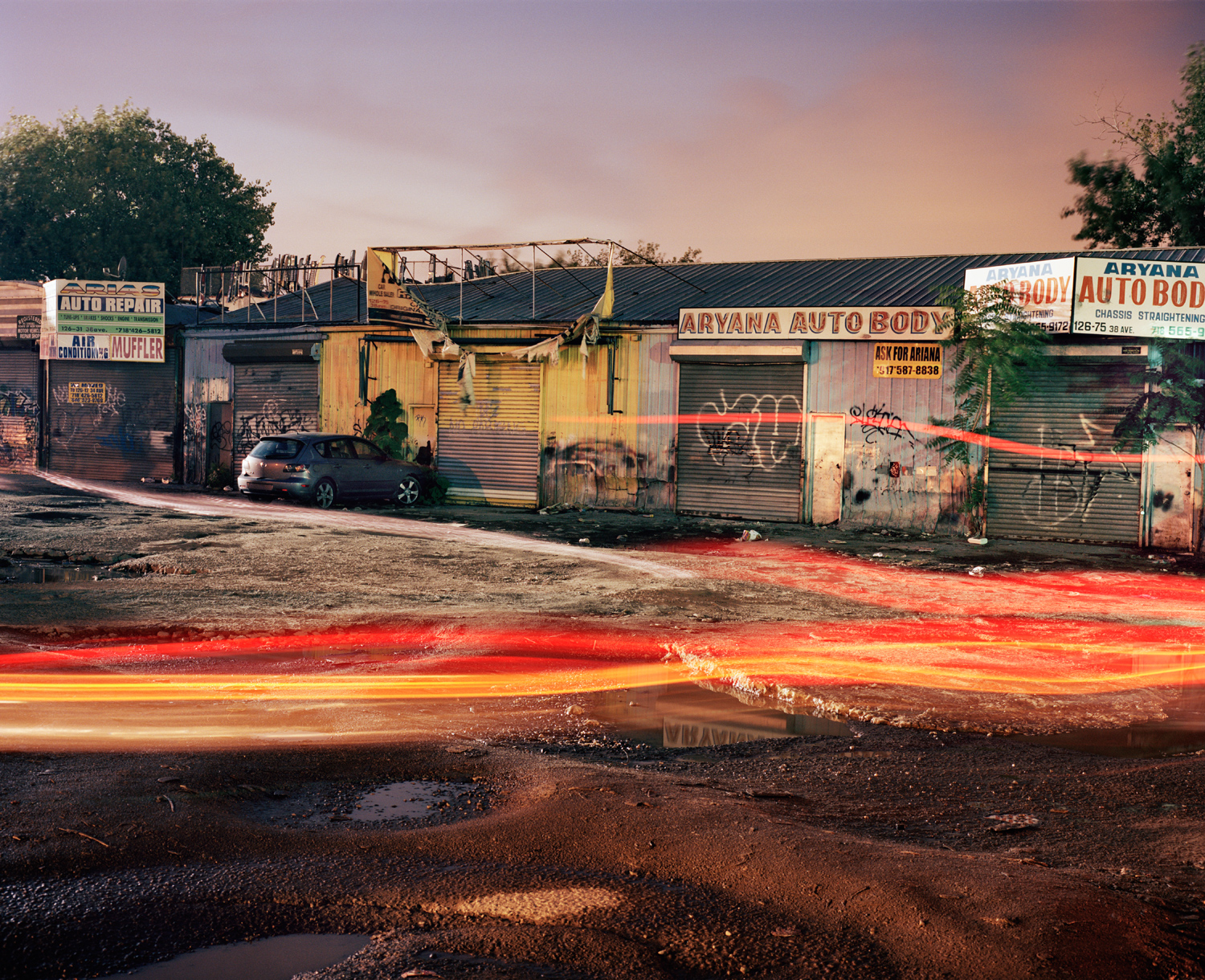
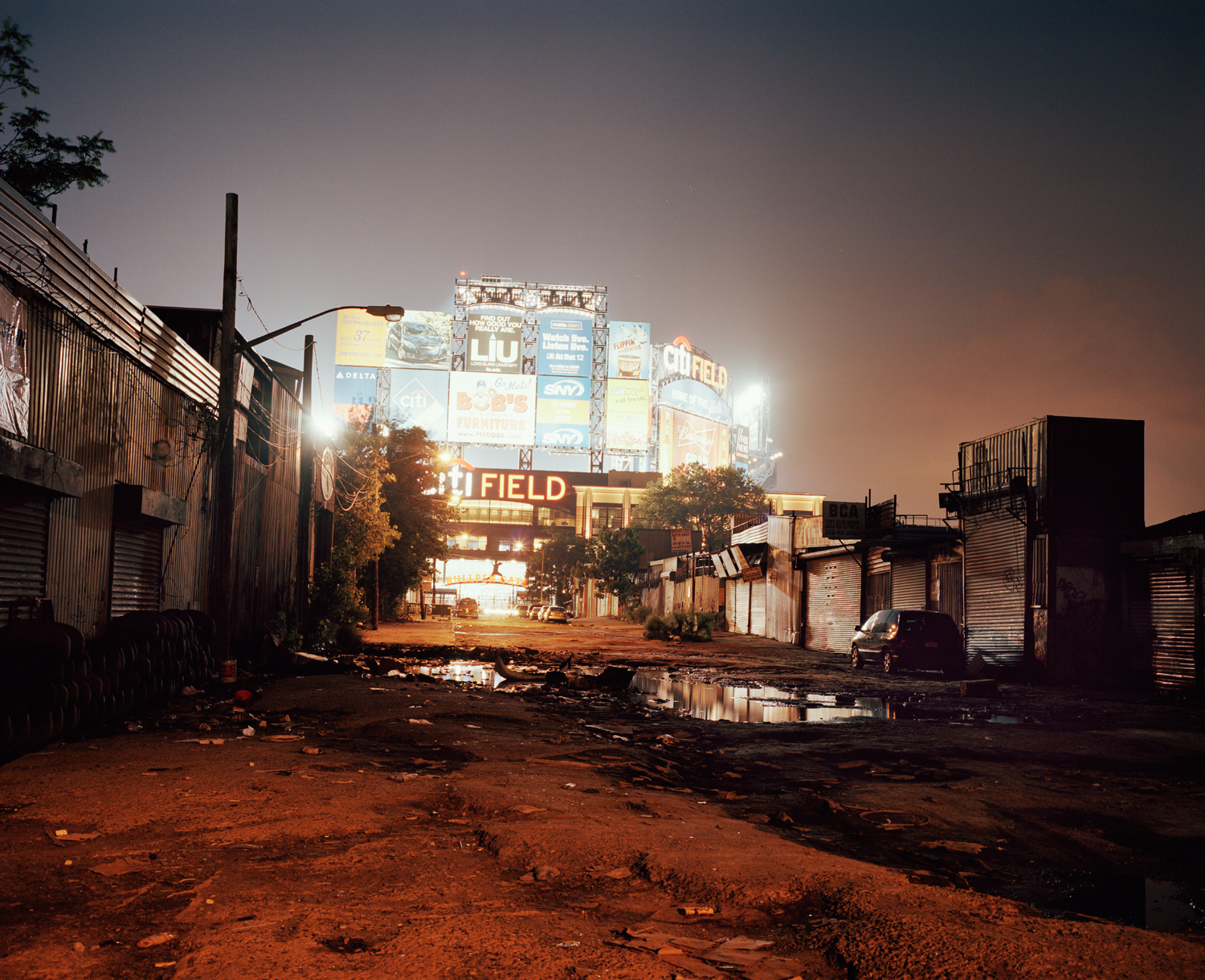
More Must-Reads from TIME
- Why Biden Dropped Out
- Ukraine’s Plan to Survive Trump
- The Rise of a New Kind of Parenting Guru
- The Chaos and Commotion of the RNC in Photos
- Why We All Have a Stake in Twisters’ Success
- 8 Eating Habits That Actually Improve Your Sleep
- Welcome to the Noah Lyles Olympics
- Get Our Paris Olympics Newsletter in Your Inbox
Contact us at letters@time.com